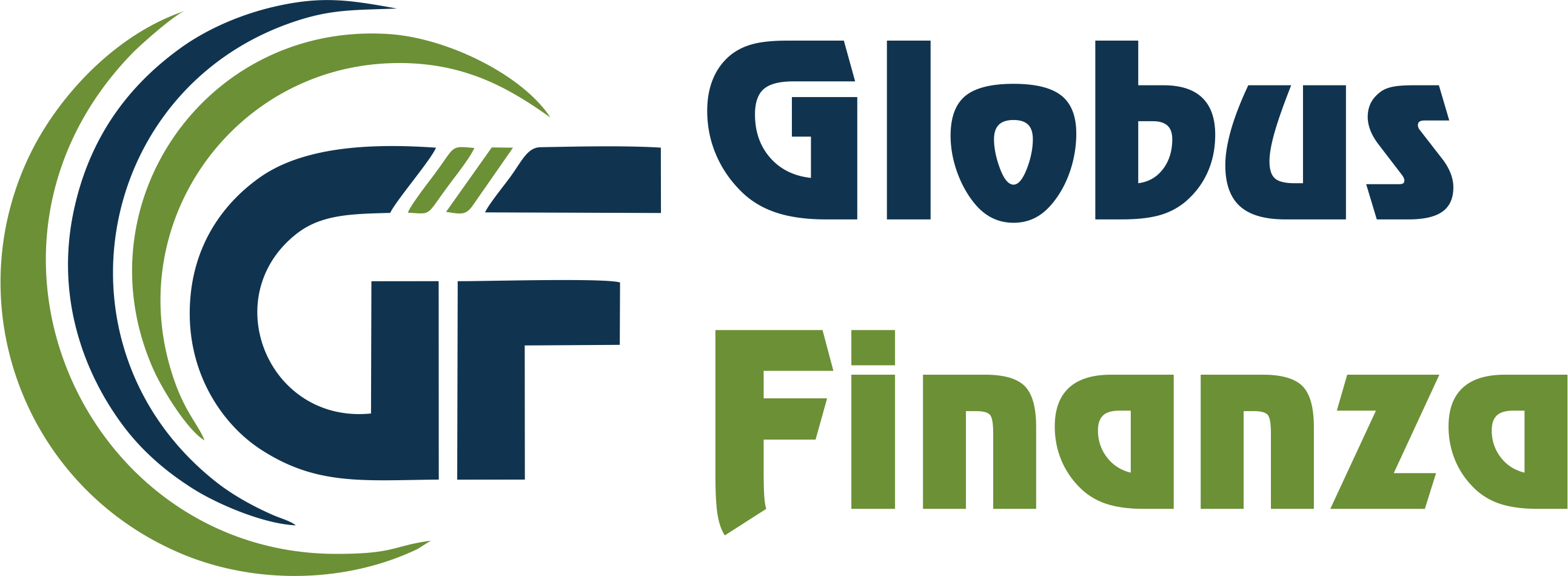
Key Highlights
- Seasonal Opportunity: You can become a tax preparer. It’s a rewarding job with a flexible schedule mainly during tax season.
- In-Demand Skills: You will learn key tax laws and financial rules. Many employers want these skills.
- Serve Your Community: You can help people and businesses understand their tax duties. This could help them save some money.
- Flexibility and Freedom: Seasonal work allows you to follow other interests or take on a second job.
- Potential for Growth: You can improve your skills and possibly build a client base all year long as you get better at tax preparation.
Introduction
Have you thought about becoming a seasonal tax preparer? Every year, tax season gets really busy. A lot of people need help with their tax returns. If you are good with numbers and like to help others, this could be a great opportunity for you. It can work well for you, even if this is your first tax season in this job.
Understanding the Role of a Seasonal Tax Preparer

As a seasonal tax preparer, you help people and businesses fill out their tax returns correctly. You guide them through the difficult tax laws and rules. While you do not have unlimited representation rights like some other licensed professionals, you still offer important support during tax season.
Seasonal tax preparers help clients with their taxes. You gather financial details and search for deductions. You also make sure everything follows the rules. While you do not deal with serious tax matters like audits or appeals, you team up with more skilled staff and similar IRS employees who can handle those issues.
Visit : The Growing Trend of Outsourcing Tax Return Preparation
Key Responsibilities and Duties
Your main job as a seasonal tax preparer is to prepare tax returns for your clients. You need to do this well and fast. This means you will collect important financial papers and enter the information into tax software. You also have to make sure that all details are correct and follow current tax laws.
You can do more than just prepare tax returns. You can also give helpful advice to your clients. This means you can answer their questions about tax deductions, credits, and possible tax bills. With more experience, you will be a trusted guide for your clients. You will help them understand their tax responsibilities better.
To work legally as a tax preparer, you must get a Preparer Tax Identification Number (PTIN) from the IRS. This is an important step. A PTIN makes your services official. It allows you to prepare and file tax returns for your clients. It also lets you communicate with revenue agents. Having a PTIN shows that you care about good tax practices, helping you build trust with your clients. It also helps you connect with other tax pros.
Benefits of Choosing Seasonal Tax Preparation as a Career
Visit : Effortless Tax Prep Services Online
Being a seasonal tax preparer has several benefits. It’s a great job option for many people. First, the work is flexible. You can take several months off each year. You may want to study more, travel, or just relax during that time. There is no strict schedule you must follow. This allows you to have a better balance between work and life.
Tax preparation work is enjoyable and interesting. You will continue to learn about tax laws and financial rules. This helps you stay updated and aware of the latest changes in the field. You will also have the opportunity to grow personally and professionally in this job, which is always changing.
As you improve your tax preparation skills, you can build a loyal group of clients. This could turn into a full-time career for you. Your skills will always be in demand. This gives you good job security and great chances to earn money in the future.
Essential Tools and Resources for Aspiring Tax Preparers

To do well in tax preparation, you need the right tools and resources. First, you should understand tax law clearly. Next, having good software is key. Also, keep up with any changes in the industry.
It is very important to know where to find information. You also need to know how to use the resources you have. Let’s look at what new tax preparers need.
Basic Requirements: Education and Software
Before you start tax preparation, you must meet some important requirements. These requirements can vary by state and type of certification. However, it is crucial for anyone who wants to be a tax preparer to know the basics.
You should start by learning the basic rules of tax law. You don’t always need a formal education for this. Still, having some knowledge in accounting or finance can be helpful. Many community colleges and online sites offer useful tax preparation courses that cover the basics.
| Requirement | Description |
| Education | A high school diploma or equivalent is typically required. Consider pursuing an associate degree or certification in accounting for a competitive edge. |
| Tax Preparer Bond (if applicable) | Some states, like California, may require a tax preparer bond as a form of consumer protection. This bond provides financial recourse if malpractice occurs. |
| PTIN (Preparer Tax Identification Number) | Essential for all tax preparers, this IRS-issued number authorizes you to legally prepare and file federal tax returns for compensation. |
Investing in good tax preparation software is very important. It helps you keep client data organized and calculates tax amounts correctly. The right software makes your work easier and helps you avoid mistakes. Choose software that fits your needs and budget. Make sure it is easy to use and follows the current tax rules.
Additional Resources: Books and Online Courses
You can find many good resources to help you get better at tax preparation. There are several books and online classes you can take. You can also join professional groups that share helpful information. These groups discuss specific tax topics, best practices, and ways to learn more over time.
If you want to improve your training and earn a certification, check out programs from trusted places like the California Tax Education Council (CTEC). They provide great courses and a certification process that helps you support your clients better. The IRS Annual Filing Season Program also offers helpful tools and recognition for tax preparers who want to learn and practice ethics.
Make sure to use these resources. They can help you stand out and get a better grasp of tax laws. This can lead to more success in your tax preparation. Remember, learning is important to stay current with changes in this area.
Step-by-Step Guide to Becoming a Seasonal Tax Preparer

Are you ready to start your journey as a seasonal tax preparer? This simple guide will show you the main steps to launch your career.
If you focus on every step, you will learn the skills you need to feel confident in tax preparation. Here are the steps you should follow.
Step 1: Obtain the Necessary Education or Training
The first step in your journey is to find the right education or training in tax preparation. You don’t need to go to law school. It is important, though, to learn about tax law, deductions, and how to file correctly.
- You have many options.
- You can choose short certificate programs.
- You can also earn an associate degree in accounting or finance.
- Think about community colleges, trade schools, or online courses.
- Make sure to choose what fits your learning style and schedule.
Becoming an Enrolled Agent can boost your reputation and raise your income. Enrolled Agents are tax experts. They can represent you before the IRS without any limits. You must pass a tough exam to earn this title. However, the benefits you gain make it worth it.
Step 2: Register with the IRS and Get Your PTIN
Once you understand tax rules well, the next step is to register with the IRS. You need to get your Preparer Tax Identification Number (PTIN). This number is important for anyone who helps prepare federal tax returns for payment.
You can easily apply for your PTIN online at the IRS website. The process is simple. You just need to provide some basic personal and work information. Once your application gets approval, you will receive your PTIN. This allows you to offer paid tax preparation services.
Having a PTIN is important. It makes your services official. It also helps your clients feel trust and confidence in you. A PTIN shows that you practice well and that the IRS lists you as a qualified tax preparer.
Step 3: Gain Experience through Internships or Volunteer Programs
Education is important. However, real experience is very helpful in tax preparation. You can look for internships. You can also volunteer with groups like VITA (Volunteer Income Tax Assistance). This will give you practical practice.
Working with skilled tax preparers helps you practice what you have learned. You will get new skills and feel more sure of yourself in real tax situations. You may enter data, speak with clients, and learn about complex tax issues and audits. This experience helps you understand your studies better and readies you for challenges in the future.
Volunteering helps you to support your community. You can help low-income people and families with tax preparation. This important work allows you to improve your skills, strengthen your resume, and make a positive impact on lives.
Conclusion
Being a seasonal tax preparer can be a good job choice. It has unique tasks and benefits. First, you need to meet the education requirements. You must also register with the IRS. Getting hands-on experience and using the right tools can help you do well in this job. This career is great if you want flexibility or wish to improve your financial skills. If you enjoy working with numbers and helping others during tax season, read this guide. It will help you begin your journey as a seasonal tax preparer.
Frequently Asked Questions
What is the Minimum Education Requirement to Become a Seasonal Tax Preparer?
In many states, you don’t have to meet a specific education level to be a seasonal tax preparer. However, getting a California CTEC certification, becoming a CPA, or becoming an Enrolled Agent can really improve your skills. This can also help you find better job opportunities.
Thank You
- Inquiry: +1 302 532 9025
- Email: connect@globusfinanza.com
- Website: https://globusfinanza.com/
- Address: 600 N Broad Street, Suite 5 #665, Middle Town, Delaware 19709, United States












